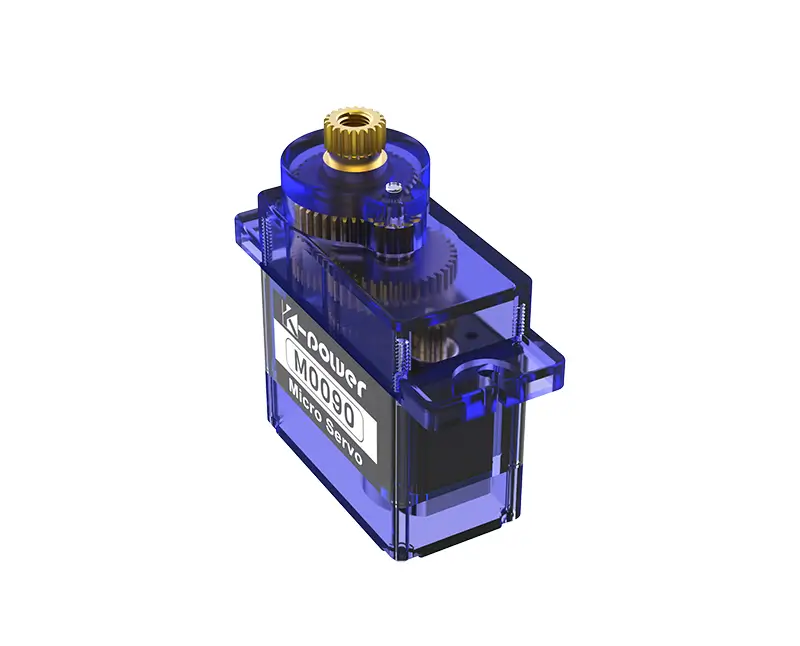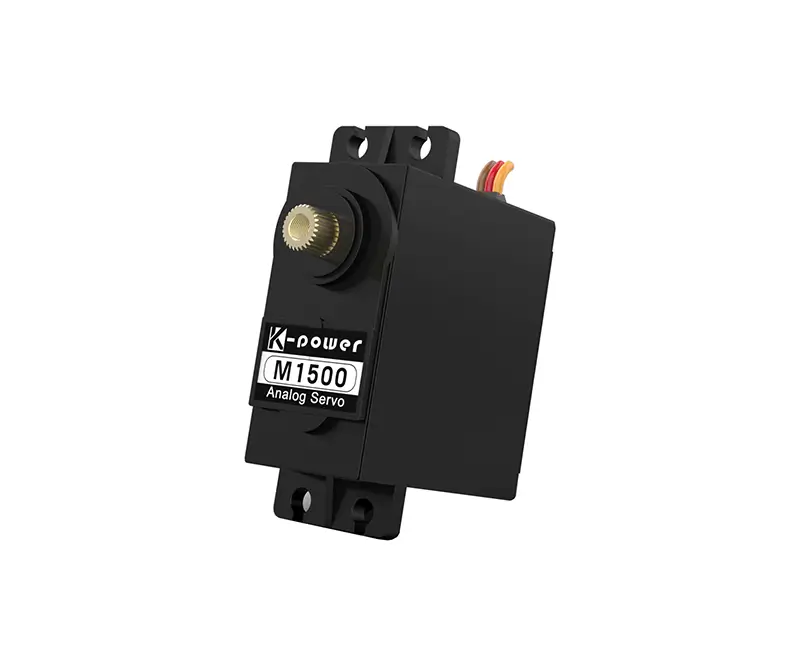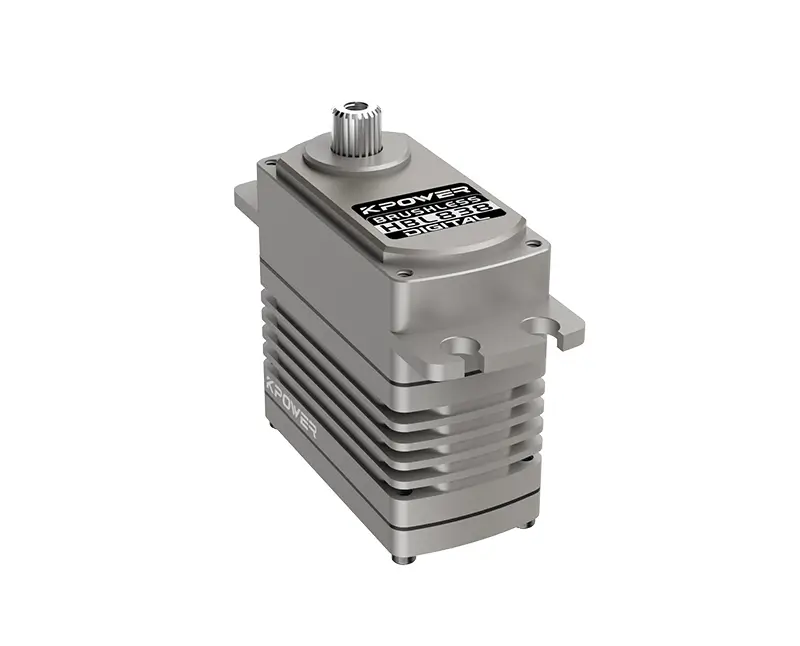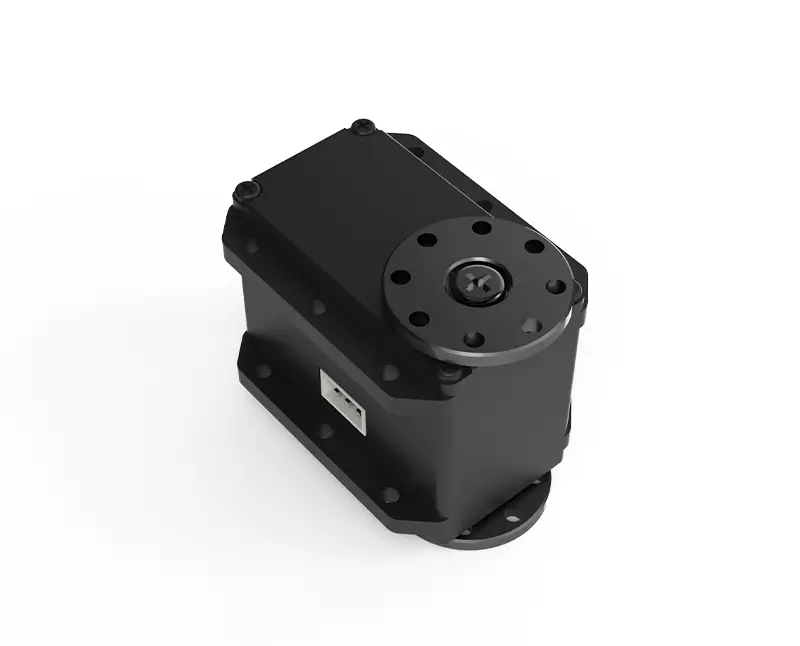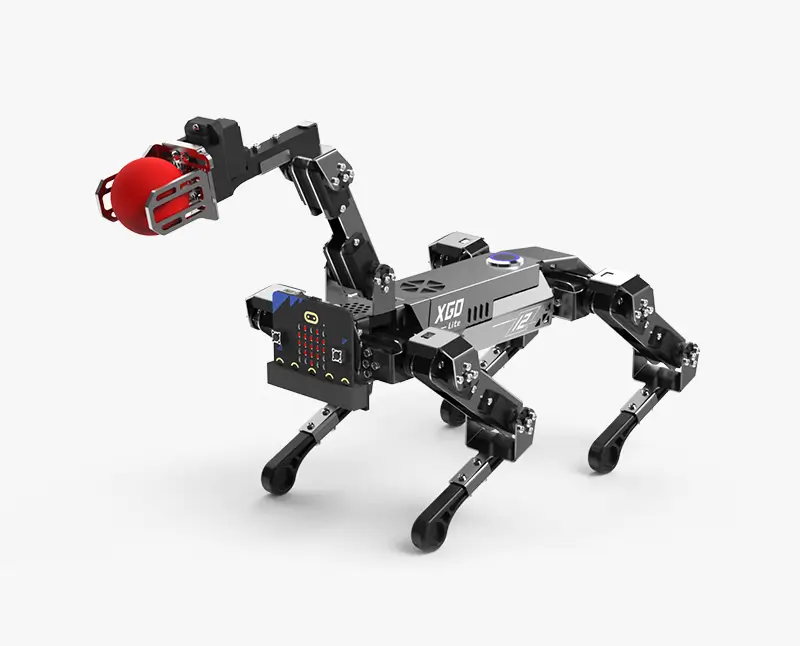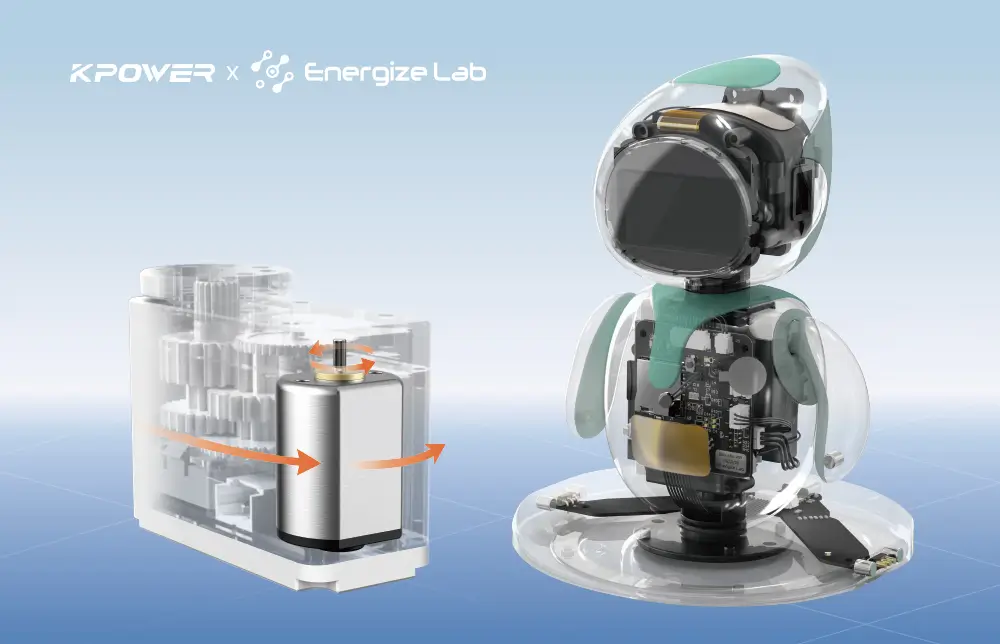The Legacy of Innovation in US-Made RC Servos
The world of radio-controlled (RC) hobbies—whether it’s drones, cars, boats, or robotics—relies on one critical component: the RC servo. These small but mighty devices translate electrical signals into precise mechanical motion, making them the heartbeat of any RC system. While the global market is flooded with options, US-made RC servos have carved out a reputation for precision, durability, and innovation. But what sets them apart? Let’s dive into the story of American engineering excellence and how it’s shaping the future of RC technology.
.webp)
A History Rooted in Engineering Mastery
The United States has long been a hub for technological advancement, and RC servos are no exception. The origins of modern servos trace back to mid-20th-century aerospace and military projects, where precision control systems were essential for guidance and automation. Companies like Honeywell and Bell Labs pioneered early servo mechanisms, laying the groundwork for the compact, high-performance devices we see today.
When RC hobbies surged in popularity during the 1970s and 1980s, American manufacturers were quick to adapt these industrial-grade technologies for consumer use. Brands like Futaba (with a strong US presence) and Hitec RCD emerged as leaders, blending military-grade reliability with affordability. This fusion of rugged engineering and accessibility became the hallmark of US-made servos, earning them a loyal following among hobbyists and professionals alike.
Precision Engineering for Demanding Applications
What makes US-made RC servos stand out in a crowded market? The answer lies in their uncompromising focus on precision. Whether you’re building a competition-grade RC car or a custom drone, even a millimeter of deviation can mean the difference between victory and failure. American manufacturers address this challenge with advanced features like:
Digital Signal Processing: Modern US servos use digital protocols for faster response times and finer control, reducing lag and improving accuracy. High-Torque Designs: Built to handle heavy loads, servos like the SW-1210SG boast torque ratings exceeding 500 oz-in, ideal for rugged terrain or industrial robotics. Metal Gears and Brushless Motors: Components crafted from aircraft-grade aluminum or stainless steel ensure longevity, even under extreme stress.
Take the Spektrum A6300, for example. Designed in the US for extreme RC aircraft, it combines titanium gears with a brushless motor capable of 0.05-second transit speeds. Such innovations aren’t just about power—they’re about delivering repeatable performance, whether you’re racing at 100 mph or automating a solar panel array.
Sustainability and Ethical Manufacturing
Another advantage of US-made servos is the commitment to sustainable practices. As consumers grow more environmentally conscious, brands like ServoCity and Blue Bird emphasize eco-friendly production. From reducing waste in CNC machining to using recyclable packaging, these companies align with the values of modern hobbyists. Moreover, adherence to strict labor and safety standards ensures that every servo is as ethically produced as it is high-performing.
Applications Beyond the Hobby World
While RC enthusiasts are the primary audience, US-made servos have found niches in professional fields. Universities and research labs use them in robotics projects, while filmmakers rely on their precision for camera gimbals and motion control systems. Even the medical sector has adopted miniaturized servo designs for prosthetic limb development. This versatility underscores their engineering depth—a testament to American innovation.
The Community and Culture Behind US-Made RC Servos
The appeal of US-made RC servos isn’t just about technical specs—it’s about the culture of innovation and community they foster. From backyard tinkerers to professional engineers, users of these components share a passion for pushing boundaries. Let’s explore how this ecosystem thrives and what the future holds.
Hobbyists as Innovators
The RC community is a hotbed of creativity, and US manufacturers actively engage with this audience. Platforms like RCGroups.com and ServoCity’s user forums allow hobbyists to share mods, troubleshoot issues, and collaborate on projects. Brands often incorporate feedback into product updates, creating a symbiotic relationship. For instance, when drone racers demanded lighter servos with no loss of torque, companies like Promodeler responded with carbon-fiber-reinforced designs like the DS160CLHV, weighing just 0.6 ounces.
Workshops and competitions further fuel this innovation. Events like the AMA Expo in California showcase servo-driven robots, drones, and RC cars, where engineers debut custom builds. These gatherings aren’t just competitions—they’re incubators for ideas that often trickle into commercial products.
Customization and Modularity
One of the standout features of US-made servos is their modularity. Unlike mass-produced alternatives, many American brands offer customizable gear sets, programmable circuits, and even 3D-printable mounts. The FrSky SXB Servo, for example, allows users to swap feedback potentiometers or install aftermarket firmware for specialized tasks like underwater robotics.
This flexibility extends to industrial applications. Automation engineers frequently use US servos in prototyping because they can be easily adapted for conveyor systems, CNC machines, or agricultural drones. The ability to tweak everything from voltage limits to PWM signals makes them a versatile tool in any builder’s arsenal.
The Role of Education and Accessibility
US manufacturers are also investing in STEM education, recognizing that today’s students are tomorrow’s engineers. Companies like Tower Hobbies partner with schools to provide servo kits for robotics clubs, while online tutorials demystify concepts like PID tuning and pulse modulation. This focus on education ensures a steady pipeline of talent and keeps the RC community vibrant.
Affordability remains a priority, too. While premium servos can cost over $200, brands like GWS and Corona offer sub-$50 models without sacrificing quality. The GWS S03N, priced at $35, delivers metal gears and waterproofing—proving that high performance doesn’t always require a high price tag.
The Future: Smart Servos and IoT Integration
As the Internet of Things (IoT) revolutionizes industries, US servo makers are at the forefront of integrating smart technologies. New models feature Bluetooth connectivity, enabling real-time adjustments via smartphone apps. The Hitec DRS-1000, for instance, pairs with an app to log performance metrics like temperature and load cycles, helping users preempt maintenance issues.
Artificial intelligence is another frontier. Researchers are experimenting with AI-driven servos that adapt to environmental changes—think drones adjusting rotor tilt mid-flight or robotic arms learning optimal grip patterns. With US firms holding key patents in machine learning algorithms, the next generation of servos could be as intelligent as they are powerful.
Conclusion: Engineering Passion into Every Component
US-made RC servos represent more than just hardware—they embody a mindset of relentless improvement and community-driven progress. From their aerospace origins to their role in cutting-edge robotics, these devices are a testament to what happens when engineering excellence meets creative passion. As technology evolves, one thing remains certain: American innovation will continue to steer the RC world toward new horizons.
Whether you’re a weekend warrior tweaking an RC crawler or an engineer designing the next Mars rover, US-made servos offer the precision, durability, and ingenuity to bring your vision to life. In a world where every movement matters, they’re the silent partners powering the future of motion.


































.webp)
